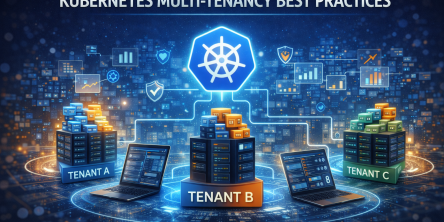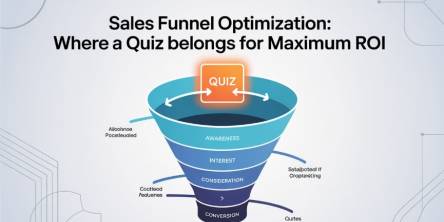Web vs. Native Apps: Which One Should You Pick?

You would agree Mobile App Development is a complex process. It requires a lot of research and planning across stages. And, it goes without saying that the idea goes through a thorough analysis. This comprises design, development, testing, and finally launch of the app. Owing to the rise in popularity of mobile apps, there has also been a growing focus on the choice between native apps and web apps.
Though they seem two of the same kind, the truth is that these two are vastly different choices that can make or break the company’s strategy. These are more popularly referred to as Native apps. Web apps, on the other hand, are applications that are accessed via a web browser.
So, here is a quick guide to the two types to help you make an informed choice.
1. Native apps: Meant to operate exclusively on specific OS platforms, such as iOS or Android, native apps are built using the tools and development languages meant for use for said OS platform.
a. Advantages:
• Native apps can be accessed by a mere tap of a button on the mobile device’s screen, which translates into a much better user experience
• Since they are built to be operated on individual platforms, native apps are not only significantly quicker but also extremely responsive
• Because they are meant exclusively for the device’s OS, native apps can leverage the entire gambit of native features and functionalities of the platform in question
• Native app development processes allow for these apps to integrate advanced tools and technologies which translate into a better quality of experiences
b. Disadvantages:
• No matter the OS, native apps are subjected to approval processes for every single operating system the app has been made for
• To build native apps, you need experienced developers who hold prior experience of working with relatively complex programming languages
• A native app’s development process is much longer and involves several different stages, including planning, development, testing, etc.
2. Web apps: Web apps are rather simple apps that can be easily accessed via a web browser, no matter the device. The point of these apps, which typically comprise either a single web page or just a handful of them, is to provide quick and easy access. Since they do not depend on the OS, it entails a ‘write-once-run-anywhere’ development approach.
a. Advantages:
• Web apps are much less complex and simpler to make
• They are significantly easier to maintain and support
• You don’t have to build different apps for different OS platforms; i.e. just one web app can be used across as many different browsers as you want, provided there is a browser
• Such apps do not occupy space on the device
b. Disadvantages:
• To run a web app, users will first need a browser
• Instead of simply tapping on the app’s icon on their device’s screen, users are required to type the app’s URL in the browser’s address bar
• The performance of a web app is not as quick as one may expect
• A web app is unable to make use of all of the device’s functionalities, such as GPS, camera, calendar, etc.
No matter if you are considering the development of a web application or a native application, the fact remains that the choice between the two is quite challenging. Not only because of the evolving circumstances in the market but especially because of how different each of these app development options can seem.
Hence, it is a good idea to, first, carefully evaluate your requirements and then, look for a trusted development services provider to help you put together a robust app that is in sync with your business’ requirements.
Similar Articles
In 2026, Microsoft Excel continues to power the U.S. business ecosystem, supporting over 80% of financial modeling, 70% of operational reporting, and nearly 65% of analyst-driven decision workflows across enterprises.
The rapidly growing volume and speed of digital transactions have had a whole lot of implications for businesses
We live in the age of cloud computing. That's plain to see. However, what may escape many are the operational and financial challenges of managing multiple independent clusters.
Times have changed and how! Take modern technology and the fast-paced digital economy, it is driving. Given the market conditions, any company's infrastructure has become more than just a technical detail.
It has been for everyone to see that the modern digital economy is distinguished by high volume, real-time financial transactions.
Business success has become reliant on efficiency and agility of the underlying technology infrastructure. Clearly, companies now depend on cloud computing to provide seamless services while managing exponential data growth.
Hospitals operate in environments where availability and patient safety are paramount at all times. As medical supply chains expand and regulatory oversight becomes more demanding, manual tracking methods introduce delays and risk.
Every sales funnel has one core goal: turn attention into revenue as efficiently as possible. Yet many funnels leak value at critical stages—visitors bounce, leads go cold, and sales teams chase prospects who were never a good fit.
Decentralized Finance (DeFi) has transformed how users earn passive income through blockchain-based financial systems. Among its most popular use cases,









